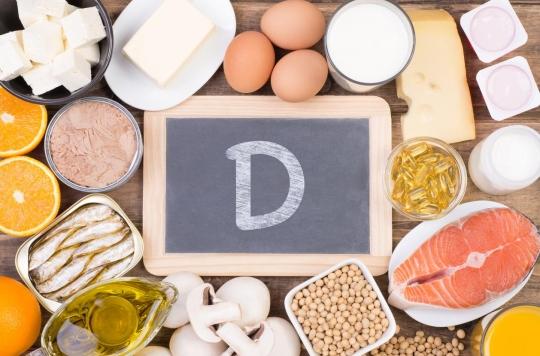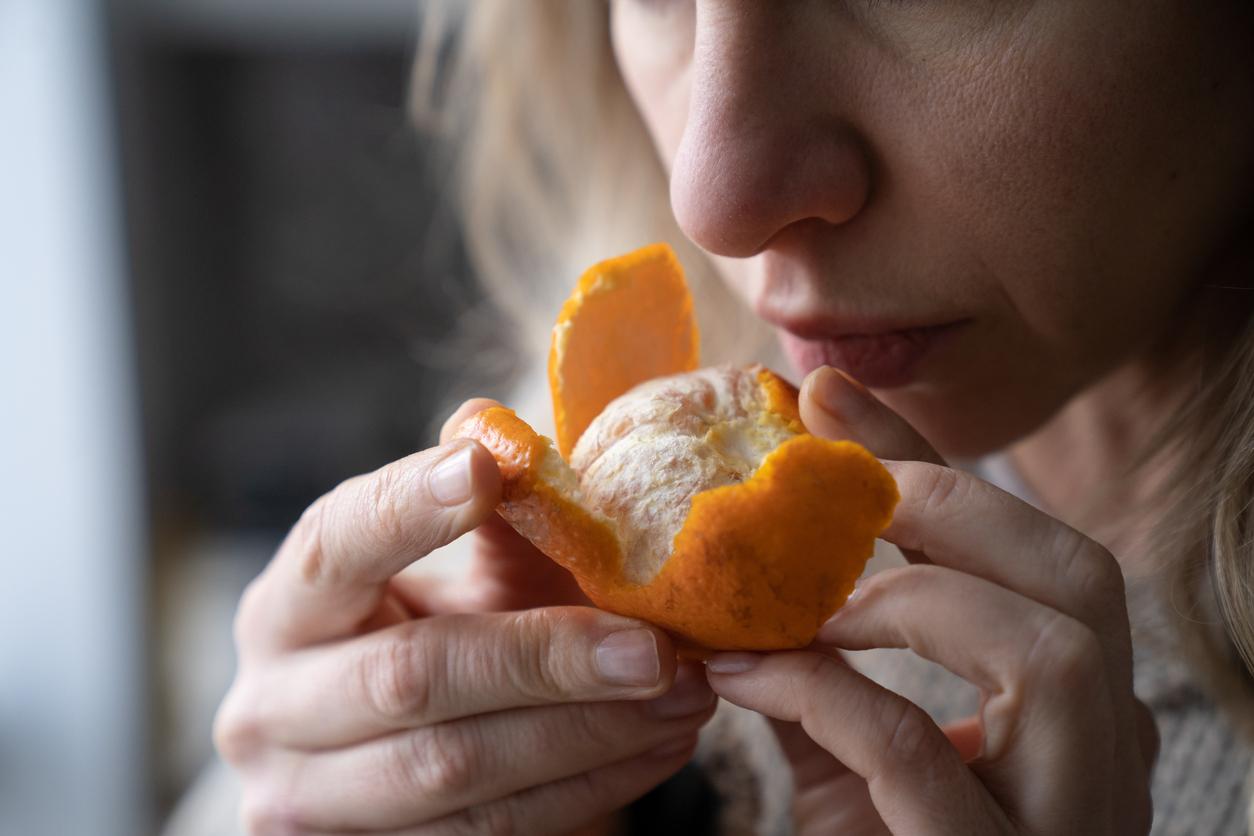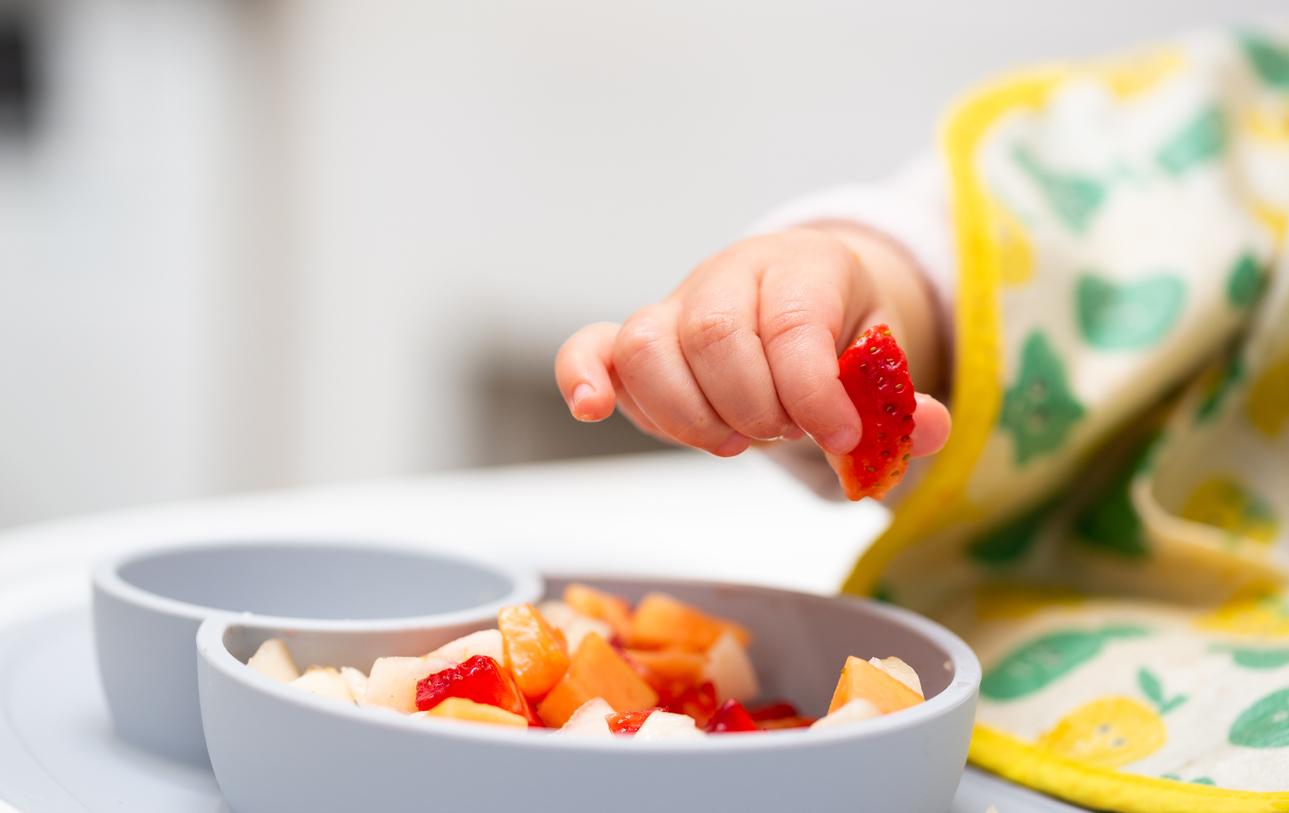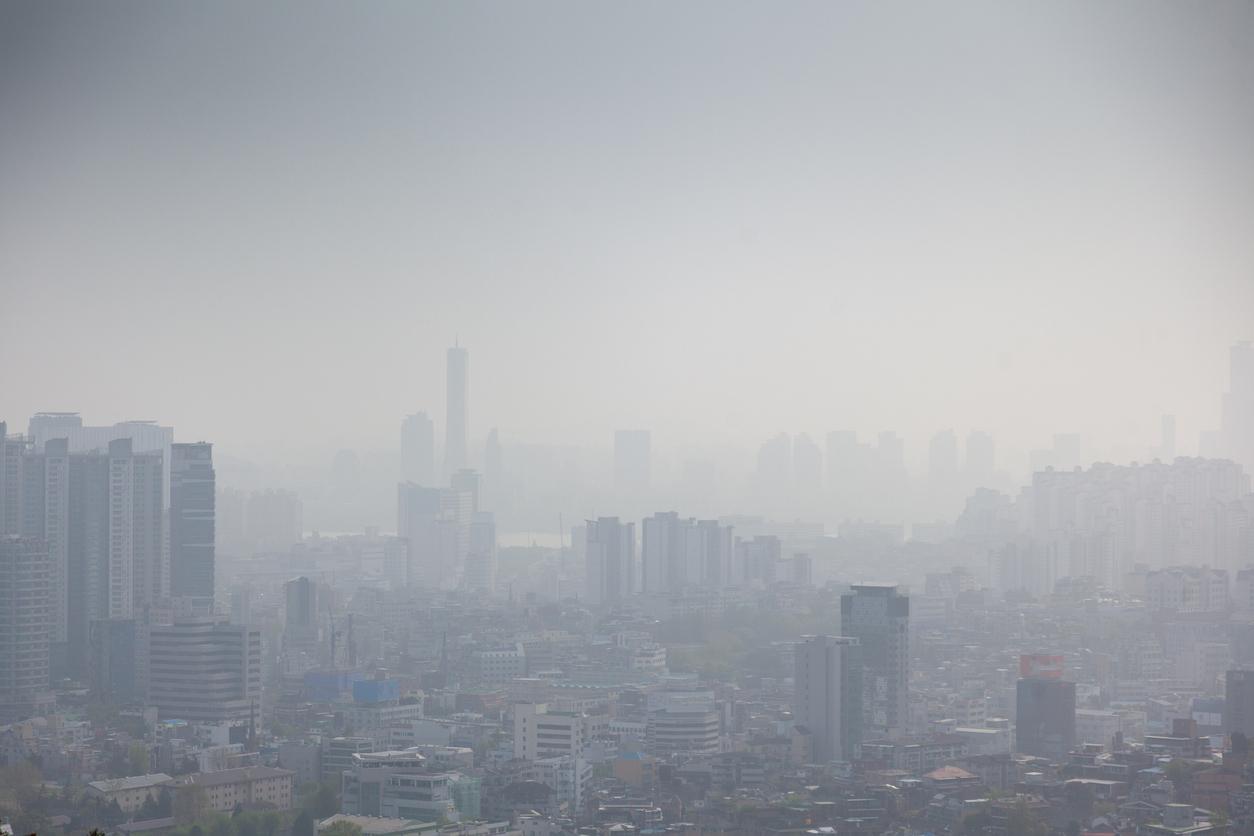People with Covid-19 who suffer from vitamin D deficiency are twice as likely to develop a severe form of the disease as others, researchers have found.

Now that the confinement is over, fill it with sunshine. Not just for morale, but also to better fight the coronavirus. Recently, a study had shown an association between low vitamin D levels and susceptibility to acute respiratory tract infections. Today, new work goes in the same direction. According to researchers from Northwestern University (United States), patients with Covid-19 deficient in vitamin D are twice as likely to develop a severe form of the disease as others. Also, if correct levels of vitamin D would not prevent catching Covid-19, they could protect against serious complications. For now, these results have not yet been validated by experts.
For their study, the researchers carried out a statistical analysis of data from hospitals and clinics in several countries such as China, Iran, the United States and France. They were thus able to notice a significant correlation between mortality rate and vitamin D deficiency. Indeed, they observed a very important link between vitamin D levels in patients and the “cytokine storm”. The latter characterizes a hyper inflammatory condition caused by an overactive immune system. It is observed in people with severe forms of Covid-19 and it seems to be the cause of death for most of them.
Also, vitamin D could prevent our immune system from becoming dangerously overactive by modulating the response of white blood cells and preventing the release of too many inflammatory cytokines, the researchers suggest. “That Doesn’t Mean We Should All Take Vitamin D Supplements. But these data could shed light on the mechanism of mortality linked to Covid-19 and why not, lead to new therapeutic targets”comments Vadim Backman, researcher at Northwestern University in a communicated. Therefore, a healthy level of vitamin D”won’t prevent a patient from getting the virus, but it could reduce complications and prevent death in those who are infected,” he continues.
Define a “beneficial dose” to better fight against Covid-19
According to the researcher, this correlation between vitamin D and cytokine storm could, among other things, explain why children are less likely to die from Covid. Indeed, the little ones do not yet have a fully developed immune system “which is the second line of defense of the immune system and is more likely to overreact”, is explained in the press release. In conclusion, if additional studies are needed to determine the mode of action of vitamin D in the specific case of Covid-19 in the hope of defining a “beneficial dose”“it is clear that vitamin D deficiency is harmful, and it can be easily treated with proper supplementation. This could be another key to helping protect vulnerable populations, such as African Americans and the elderly, who have a prevalence of vitamin D deficiency.”
This study is in line with the work of researchers from Anglia Ruskin University and Queen Elizabeth Hospital (UK) . Death rates from Covid-19 in Italy and Spain are higher than in Scandinavian countries, the researchers noted. For them, this could be explained because in the countries of the North, the population eagerly watches for the sun and consumes a lot of cod liver oil (a food rich in vitamin D) while the southerners, especially the elderly, constantly seek to protect themselves from the heat.
Where to find vitamin D?
In France, the National Agency for Food, Environmental and Occupational Health and Safety (Anses) recently published recommendations to encourage us to consume vitamin D to avoid a weakening of our immune system during this period. of health crisis. Remember that vitamin D is, among other things, known to protect the bones and slow the progression of type 2 diabetes as well as certain cancers (breast, colorectal, etc.). “ANSES recalls the importance of ensuring an adequate intake during this period of confinement but also throughout the year, in particular for the elderly, people with dull or even dark skin and postmenopausal women. Indeed, a prolonged insufficiency for these populations leads to fragile bone health, thus increasing the risk of fracture as well as weakened immunity”noted in particular I‘ANSES on its site on April 17.
While most of us have seen little sun during confinement, it is possible to find vitamin D in certain foods, especially fatty foods. It is for example present in fish of the sardine, salmon or mackerel type, in offal, egg yolk, butter and cheese. And if, even when deconfinement has begun, you are still afraid to walk around in the open air every day, consider exposing your hands, forearms and face to the sun for at least fifteen to twenty minutes every day to refuel.
.

















